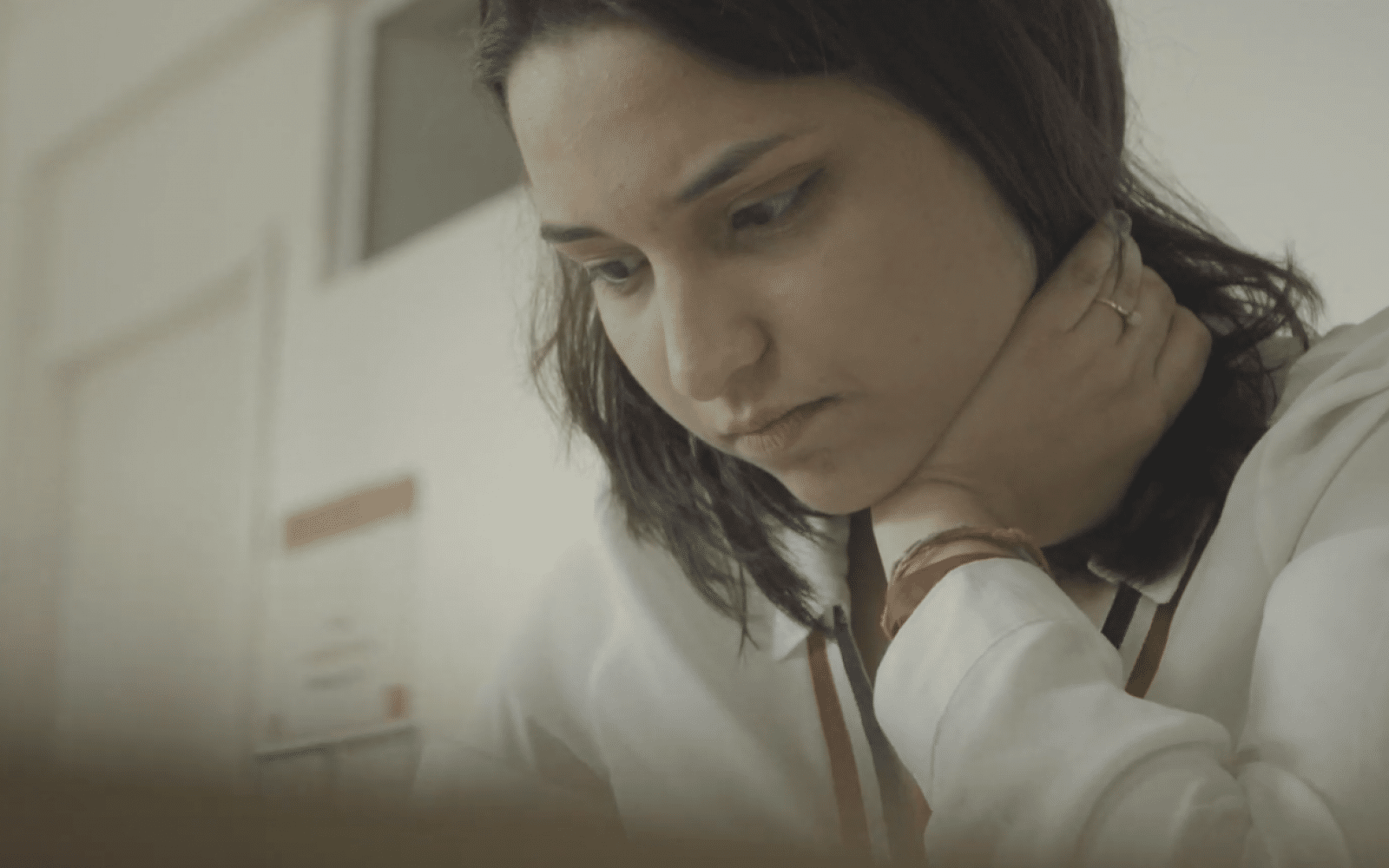Luiza: Developing socio-emotional skills through storytelling across Brazil

Education in today’s rapidly changing world cannot be limited to traditional courses in math, reading, and science. Instead, education must promote changemaking literacy in order to equip students with lifelong skills. For young people like Luiza, they catalyze changemaking literacy by promoting the social and emotional development of all students through reading, writing, and storytelling. Luiza’s story describes the role of young people in reshaping the curriculum of the 21st century.
Luiza Diniz, 17, was born in Philadelphia, Pennsylvania. Seeking better professional opportunities, her parents migrated to the United States. However, when Luiza was nine months old, she and her family returned to Brazil and moved to Goiânia, the capital city of Goiás.
Luiza had a difficult time through school; she attended 10 different schools while growing up, but continued to find herself in toxic education environments where bullying was normalized. She once viewed education as a powerful tool for social transformation and was a passionate learning. However, this passion faded through the physical and psychological aggression she experienced at school.
She found refuge in the arts, specifically in theater and literature. Through literature, Luiza learned how to empathize with others as she read about different cultures and social contexts while also finding a creative outlet to express herself and share her personal narrative.
At the age of 13, she wrote her first book, “Around the World,” an adventure novel describing a young woman’s journey traveling across the world and the hardships she faces along the way. This book, Luiza claims, “freed her from [her] pink ideological bubble, addressing issues like terrorism, sexual abuse, and prejudice.” The writing process motivates her to see herself as a powerful knowledge activist.
Successfully, Luiza sold copies of the book. Rather than spending the money on herself, Luiza decided to save her earnings to eventually fund the construction of a school in Mozambique. Luiza observed that there is a deficient in traditional education that neglects children’s personal, cognitive, and emotional development, which she found results in bullying and stress.
To address this educational gap, two years ago, Luiza founded Gotinhas do Bem, or Little Drops for Good, a social venture that seeks to develop the social and cognitive skills of public school students in her community. Today, Luiza’s regional team consists of 25 young people, ages 13 to 19, and an advisory committee with professionals in psychology, education, and occupational therapy.
Through after school gatherings that young team members lead, students develop psycho-emotional skills by engaging in creative play. For example, they learn leadership skills through role playing Marvel superheroes.
The organization offers a “Listen & Tell” program, which hosts trips to elderly homes where young people listen to the stories of elders, transform their personal stories into fairytales, and illustrate the stories for other children to read and the elders to enjoy. Additionally, they host creative writing workshops and private tutoring lessons to teach other young people how to write creatively.
Scaling quickly, in addition to her regional team, there are 10 youth directors spread across 10 states in Brazil and four international directors in four different countries. Total, there is an estimated 230 volunteers that read 4,000 in predominantly lower income public schools.
Luiza has ambitious plans for the future. In the next three years, Little Drops for Good will compete in national and international writing competitions. Luiza, not giving up on her original dream, also says that the school in Mozambique is also in its final stage of construction.
Reflecting on her journey so far, Luiza says her team recognizes a shortfall in education, but feels empowered to act rather than accept the deficiency. She grew up in search for her own voice, but reclaimed her power through storytelling and changemaking. Looking ahead, Luiza wants “to be part of a generation of changemakers who see what is good in all places of society, who invest and mobilize one another as a force for change.”